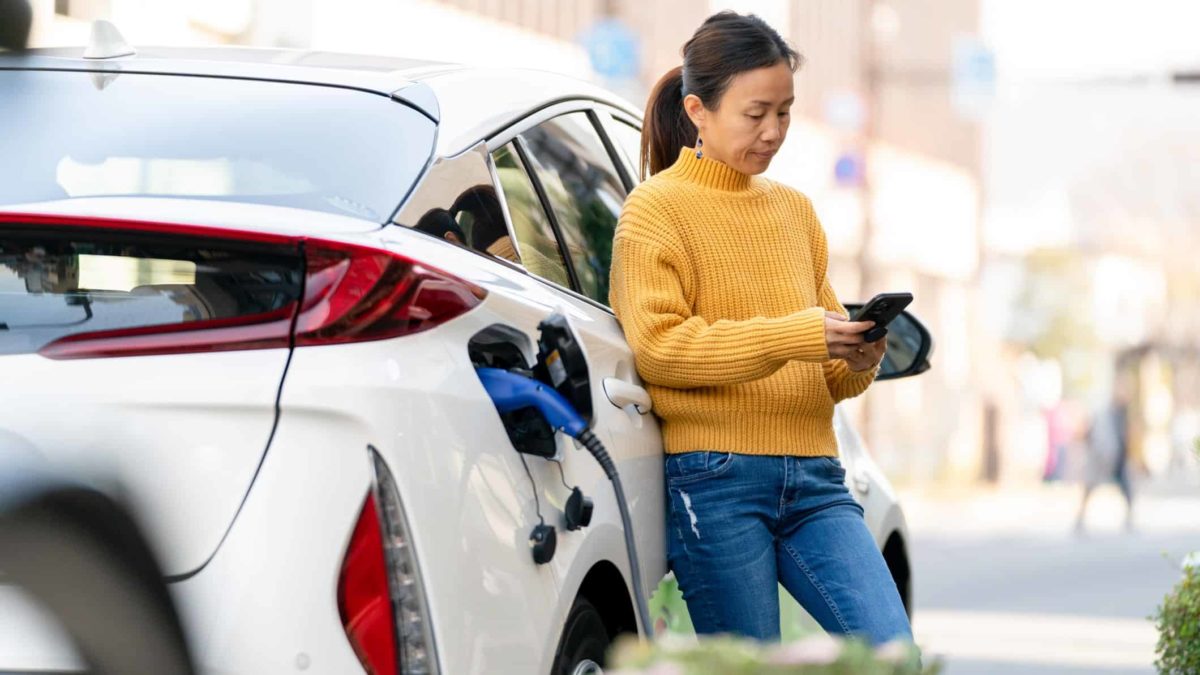

A year before global markets were upended by President Trump's tariffs, Tesla CEO Elon Musk warned shareholders of the rising threat of China's electric vehicle makers.
In Tesla's Q4 earnings call on January 24, 2024, Mr Musk said:
The Chinese car companies are the most competitive car companies in the world. I think they will have significant success outside of China depending on what kind of tariffs or trade barriers are established. Frankly, I think if there are not trade barriers established they will pretty much demolish most other car companies in the world. They are extremely good.
I'm aware this story could go in many directions from here.
But I'll focus on China's biggest EV maker, its rising dominance, and the implications for ASX lithium shares.
Last week, I wrote a story that looked at whether or not the plunging lithium price had finally hit the bottom.
A key factor that will determine where the price of lithium will go from here is demand, particularly Chinese demand.
The latest Resources and Energy Quarterly report states that global lithium demand is forecast to grow by almost 13% a year to 2030.
A closer look reveals forecasts of increased demand for lithium are largely based on expectations of increased uptake of electric vehicles and battery energy storage systems.
And BYD, which has now overtaken Tesla to become the biggest supplier of EVs in the world, will play a significant part in fuelling that demand.
In 2024, more than 90% of Australia's lithium exports were shipped to China, and the Middle Kingdom's appetite for lithium shows no sign of slowing down.
Chinese demand for lithium is set to rise as the biggest player in the EV space continues to expand despite tariff implications.
In 2024, BYD reported that it had delivered 4.24 million vehicles, up from around 3 million the previous year.
Charging ahead
BYD is now selling almost as many vehicles as Ford, an astonishing feat for a company that has been around for only 30 years.
This year, the company is projecting that it will deliver about 5.5 million EVs.
It's likely that President Trump's tariffs will do little to slow BYD's rising dominance in the electric vehicle market.
BYD's biggest market is China, where rising adoption rates of electric vehicles contributed to global EV sales growth of 26% last year.
Other key markets for BYD include Europe, South America, Southeast Asia, the Middle East, and Australia.
And momentum is continuing into 2025 and beyond.
Analysts at JPMorgan have raised their estimate for BYD's vehicle deliveries for 2026 to 6.5 million units.
As BYD continues its astronomical growth path, it will have a material impact on global lithium demand.
I'm not suggesting that all this means that the price of lithium has hit the floor.
But it does seem clear that the signs do point to a more optimistic outlook for ASX-listed lithium players, including Pilbara Minerals Ltd (ASX: PLS), Minerals Resources Ltd (ASX: MIN), and Liontown Resources Ltd (ASX: LTR).
The post ASX lithium shares: How EVs in China are reshaping lithium demand appeared first on The Motley Fool Australia.
Motley Fool contributor Steve Holland has no position in any of the stocks mentioned. The Motley Fool Australia's parent company Motley Fool Holdings Inc. has no position in any of the stocks mentioned. The Motley Fool Australia has no position in any of the stocks mentioned. The Motley Fool has a disclosure policy. This article contains general investment advice only (under AFSL 400691). Authorised by Scott Phillips.
The Motley Fool's purpose is to help the world invest, better. Click here now for your free subscription to Take Stock, The Motley Fool's free investing newsletter. Packed with stock ideas and investing advice, it is essential reading for anyone looking to build and grow their wealth in the years ahead. This article contains general investment advice only (under AFSL 400691). Authorised by Bruce Jackson. 2025